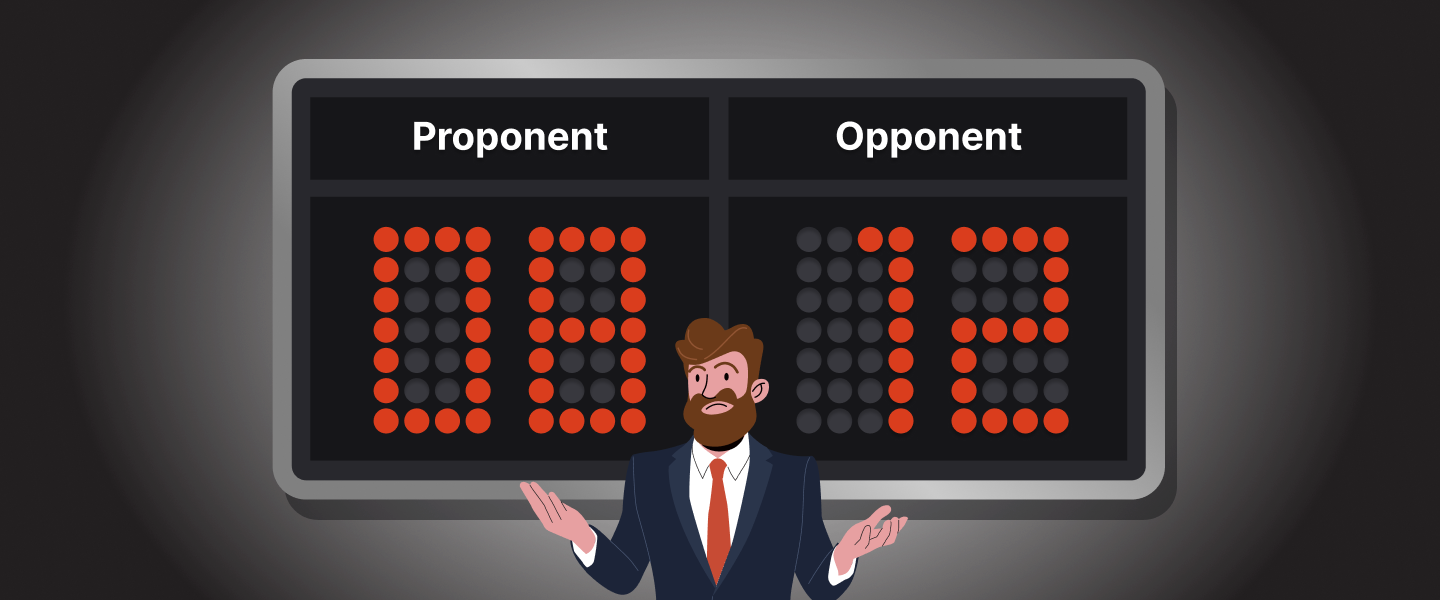
Starting law school can be a frightening undertaking. New law students enter with such anxiety that an entire cottage industry has popped up to offer these students advice on navigating the law school experience. But while law school might be a unique and intense experience, much of what you need to know about the experience can be boiled into a few primary points:
The case method
The pedagogical approach to law school is likely unique from anything you’ve experienced in your academic career. Law school classes, particularly during 1L, are focused around the case method. For most of your classes, you’ll be expected to read a number of judicial opinions related to the subject you’re studying. You’ll need to come to class prepared to discuss those opinions, as well how they are similar to and different from similar cases. Instead of just memorizing facts or regurgitating lecture material, you’ll be focusing on understanding underlying legal principles and applying them to different situations.
The Socratic method
Law school is famous (or infamous) for its application of the Socratic method. Under the Socratic method, a professor will cold-call students (picking students to answer questions without the students knowing they were going to be picked) and interrogate them about the facts, rules, and holdings in the cases that were assigned for that class. The professor will likely ask a series of questions before moving on to the next student. While the Socratic method can be anxiety-inducing, it allows students to place themselves in the position of the judge, and analyze the arguments on both sides of a legal issue.
More homework than you’ve ever had
Law school is nothing if not a whole bunch of reading. For each class, you’ll be assigned a number of cases to read. The length of your assignments will vary, but you could have several hundred pages to read for each class. With so much assigned reading, and with few breaks during the semester to play catch-up, it’s vital that you stay on top of your reading every day. To keep up with your reading requirements, you’ll need to learn how to study efficiently.
Briefs and outlines
The most common tools that students use to help them study efficiently and effectively are case briefs and outlines. A case brief is a summary of a case, broken down into relevant sections (typically, the facts, issue, holding, and rule). While many students write their own case briefs–at least through their first semester–Quimbee also offers high-quality case briefs written by actual lawyers. Writing your own case briefs can help you organize your thoughts and truly engage with the case, but it is also highly time-consuming. Quimbee case briefs are a good tool for making sure you understand a case and helping you parse out the relevant information.
Similarly, outlines can help you organize an entire class. Writing your own outline allows you to tailor the information to your specific class and professor. But commercial outlines such as Quimbee’s offer a comprehensive, expert-crafted overview, along with links to relevant case briefs. There are certainly benefits to both methods; luckily, with a Quimbee Gold membership, you’ll have access to all our study aids, including outlines, so you can experiment to figure out what outlining strategy works for you.
Similarly, outlines can help you organize an entire class. Writing your own outline allows you to tailor the information to your specific class and professor. But commercial outlines such as Quimbee’s offer a comprehensive, expert-crafted overview, along with links to relevant case briefs. There are certainly benefits to both methods; luckily, with a Quimbee Gold membership, you’ll have access to all our study aids, including outlines, so you can experiment to figure out what outlining strategy works for you.
Exam-focused grading
In many law school classes, your entire grade will be based on a single final exam. These exams tend to consist of long-form essays; sometimes, your entire exam might be just one big essay. This is probably different from what you’re used to, and can be a great source of stress to many students. But it also offers an opportunity–throughout the entire semester, you have only one goal to focus on, performing the best you can on that exam. There are many ways you can maximize your ability to ace your law school exams. In addition to staying on top of your reading, briefing cases, and outlining, you should also consider regularly working on practice essay exams. These exams will help you work on organizing your thoughts and parsing through multiple legal questions at one time. Additionally, Quimbee offers a course titled “Acing Your Law Exam” that will walk you through the entire study process and give you tips on creating efficient study habits. Learning how to take a law school exam is almost as important as knowing the material itself. Understanding the CREAC (Conclusion, Rule, Explanation of Rule, Analysis, Conclusion) method of writing exam answers, being able to apply rules to facts, and budgeting your time all play a vital role in performing well on a law school exam.
Extracurriculars
Law school is filled with extracurriculars. Some, you might be familiar with from your undergraduate years: many law schools offer intramural sports, political and cultural organizations, and general social clubs. But there are also a number of career-oriented extracurriculars that most law students should consider joining. Activities such as moot courts and law journals provide vital experience and insight into the legal world. These activities are also looked upon very favorably by legal employers; in fact, certain law firms and judges won’t even consider applicants who have not served on a legal journal. Most law schools offer multiple legal journals; each school typically has a flagship law review, in addition to several journals that focus on specific areas of law. Most law journals are competitive; students hoping to get on a journal typically will have to either meet a GPA requirement or participate in a writing competition. Similarly, many moot courts have a tryout process.
Performing well in law school doesn’t require some secret formula. If you work hard, stay focused, and have an idea of the goal you’re trying to reach, you’ll be well on your way to achieving success. So follow these tips, have a little fun, and enjoy the process.







